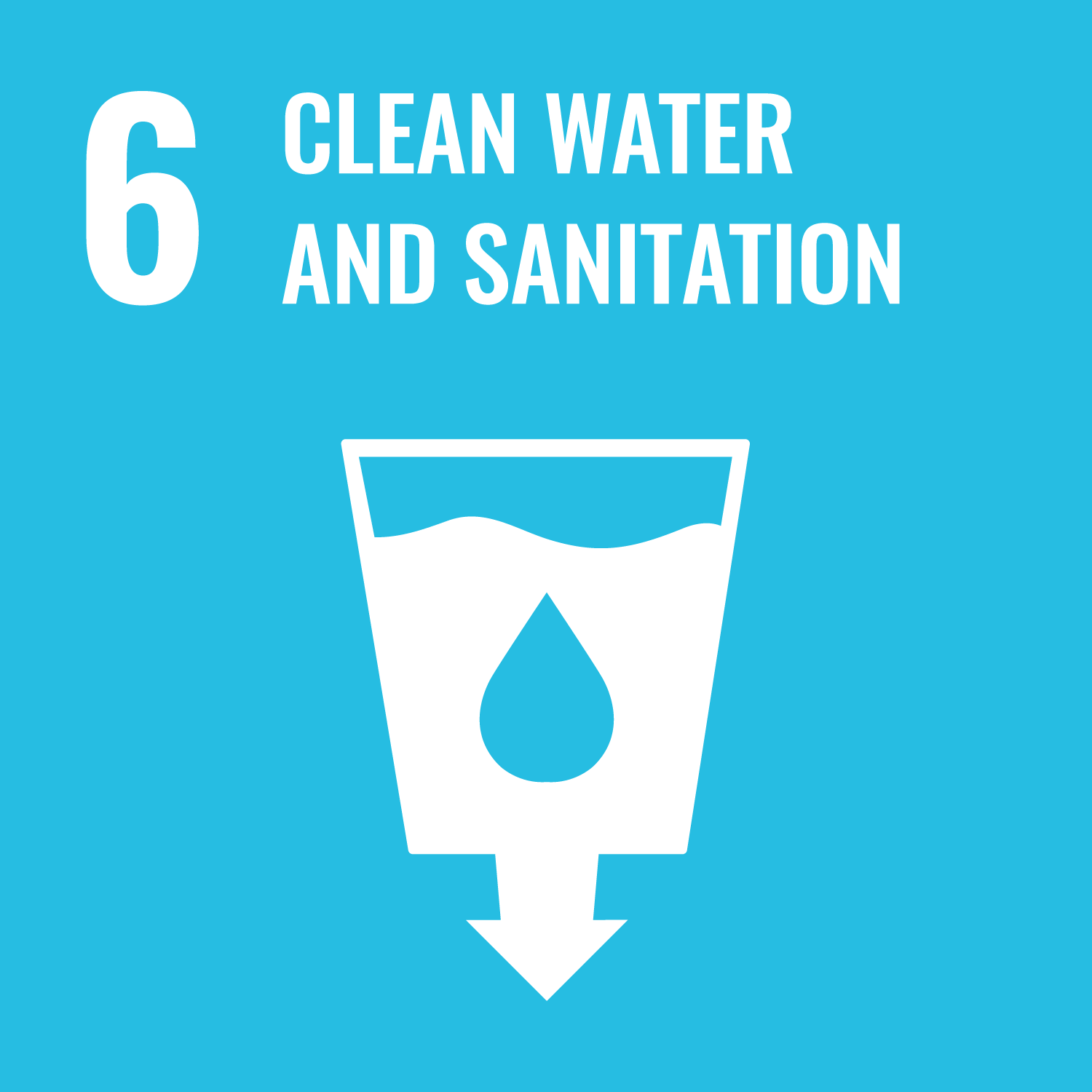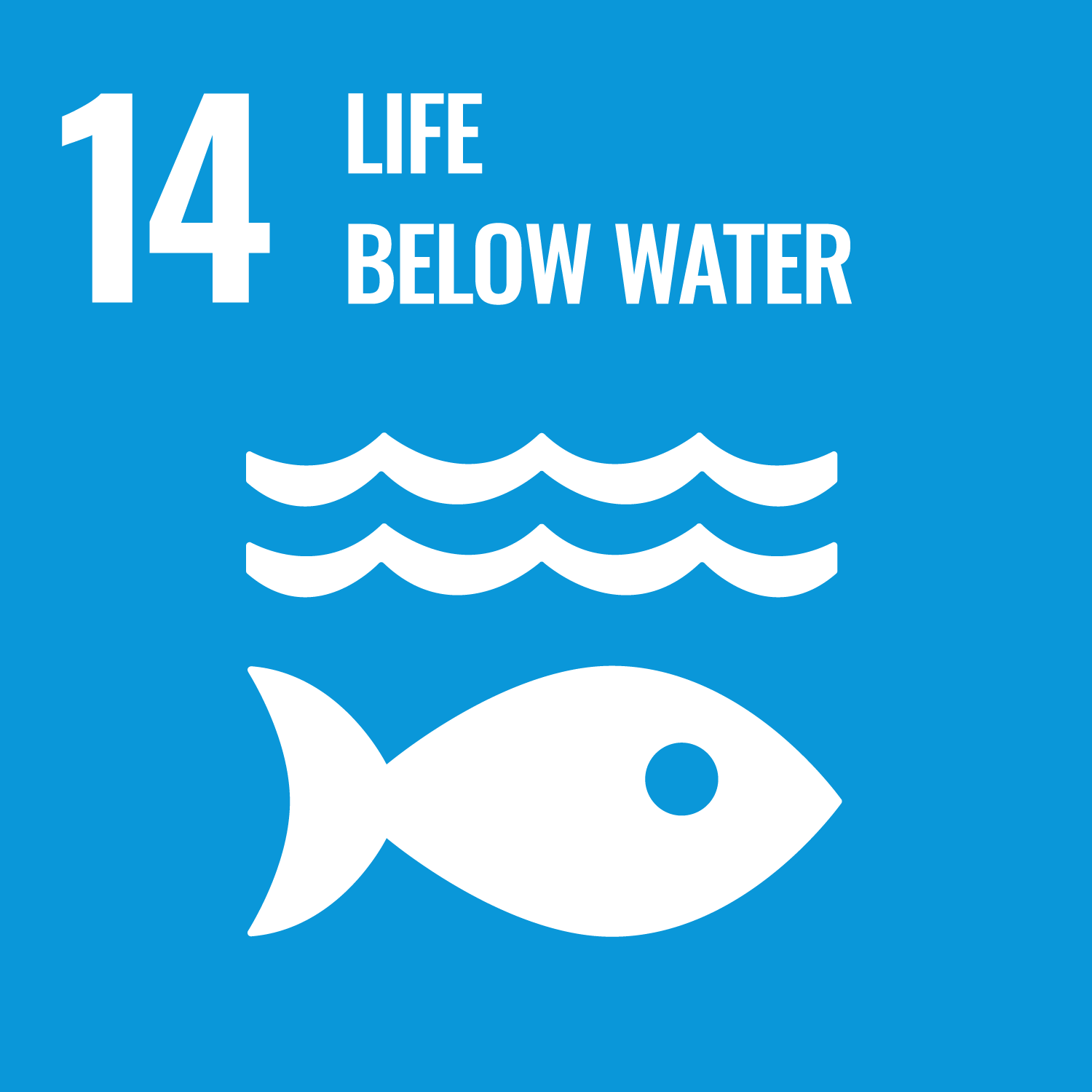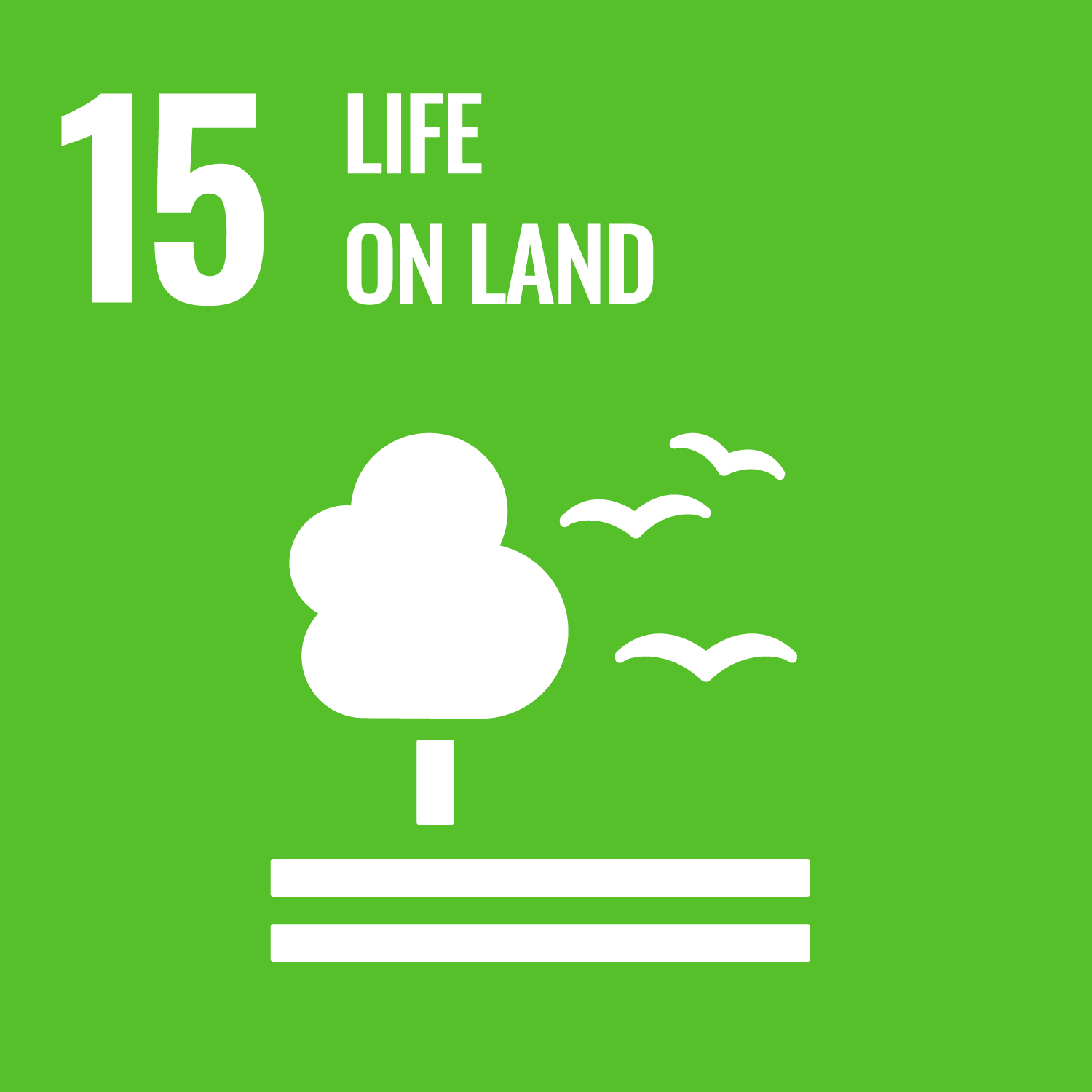The purpose of class is better understanding on environmental issues such as environmental pollution from a chemical point
of view.
Students can understand environmental issues such as environmental pollution from a chemical point of view.
- Students can understand the general overview of the environmental problems such as air pollution and water pollution
- Students can understand the general overview of global environmental issues such as global warming and acid rain,
- Students can understand the overview of the law on environmental protection
| Class schedule | HW assignments (Including preparation and review of the class.) | Amount of Time Required | |
|---|---|---|---|
| 1. | Instrumental analysis methods used in environmental analysis (1) Absorption spectrophotometry, Fluorescence spectrophotometry | To check the syllabus | 200minutes |
| 2. | Instrumental analysis methods used in environmental analysis (2) Atomic absorption spectrophotometry, ICP emission spectrometry | Conduct of the previous class review | 200minutes |
| 3. | Instrumental Analysis Methods Used in Environmental Analysis (3) Separation Analysis Methods (Chromatography) | Conduct of the previous class review | 200minutes |
| 4. | Mid-term examination (The scope is 1-3 above.) (No reference to textbook, handouts, calculators, etc.) After the examination, an explanation of the examination will be given. | Conduct of the previous class review | 200minutes |
| 5. | History of Environmental Problems in Our Country: What are Environmental Problems, Examples of Pollution Cases Environmental pollutants: man-made toxins, dioxins. Environmental hormones, chemical sensitivity. |
Conduct of the previous class review | 200minutes |
| 6. | Atmospheric Environment (1): Air Pollution, Air Pollutants and Health Hazards | Conduct of the previous class review | 200minutes |
| 7. | Atmospheric Environment (2): Air pollutants, environmental standards for air quality, current status of air pollution, measures to prevent air pollution | Conduct of the previous class review | 200minutes |
| 8. | Water environment (1): water pollution, water pollutants and health hazards | Conduct of the previous class review | 200minutes |
| 9. | Water environment (2): overview of water pollution, environmental standards for water quality, water purification measures | Conduct of the previous class review | 200minutes |
| 10. | Environmental soil contamination overview, soil contaminants and health hazards, environmental standards for soil, soil contamination countermeasures | Conduct of the previous class review | 200minutes |
| 11. | The Earth's Environment (1) Global Warming and Carbon Dioxide Issues | Conduct of the previous class review | 200minutes |
| 12. | The Global Environment (2) Acid Rain and its Countermeasures | Conduct of the previous class review | 200minutes |
| 13. | The Global Environment (3) Ozone Depletion | Conduct of the previous class review | 200minutes |
| 14. | Final exam | Conduct of the previous class review | 200minutes |
| Total. | - | - | 2800minutes |
| Mid-term Exam | Final Exam | Total. | |
|---|---|---|---|
| 1. | 30% | 30% | |
| 2. | 40% | 40% | |
| 3. | 30% | 30% | |
| Total. | 30% | 70% | - |
Each of the achievement objectives 1-3 will be evaluated by a mid-term exam and a final exam (both in person) that include
the items in the achievement objectives. A pass/fail grade for a course is determined by the mid-term examination with a maximum
score of 30 points and the final examination with a maximum score of 70 points, and a total score of 60 points or higher is
considered as a pass. If a student is absent more than 5 times, he/she will not be allowed to take the final examination.
| ways of feedback | specific contents about "Other" |
|---|---|
| Feedback in outside of the class (ScombZ, mail, etc.) |
Textbooks are prepared for graduate students.
References:Environment and life (in Japanese) /K. Oikawa/Sankyo Publisher
References:Environment and life (in Japanese) /K. Oikawa/Sankyo Publisher
- Course that cultivates an ability for utilizing knowledge
- Course that cultivates a basic self-management skills
| Work experience | Work experience and relevance to the course content if applicable |
|---|---|
| N/A |






- 6.CLEAN WATER AND SANITATION
- 9.INDUSTRY, INNOVATION AND INFRASTRUCTURE
- 12.RESPONSIBLE CONSUMPTION & PRODUCTION
- 13.CLIMATE ACTION
- 14.LIFE BELOW WATER
- 15.LIFE ON LAND
Last modified : Sat Sep 09 05:34:45 JST 2023

